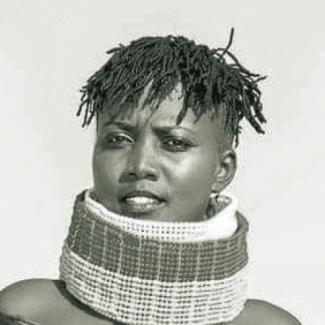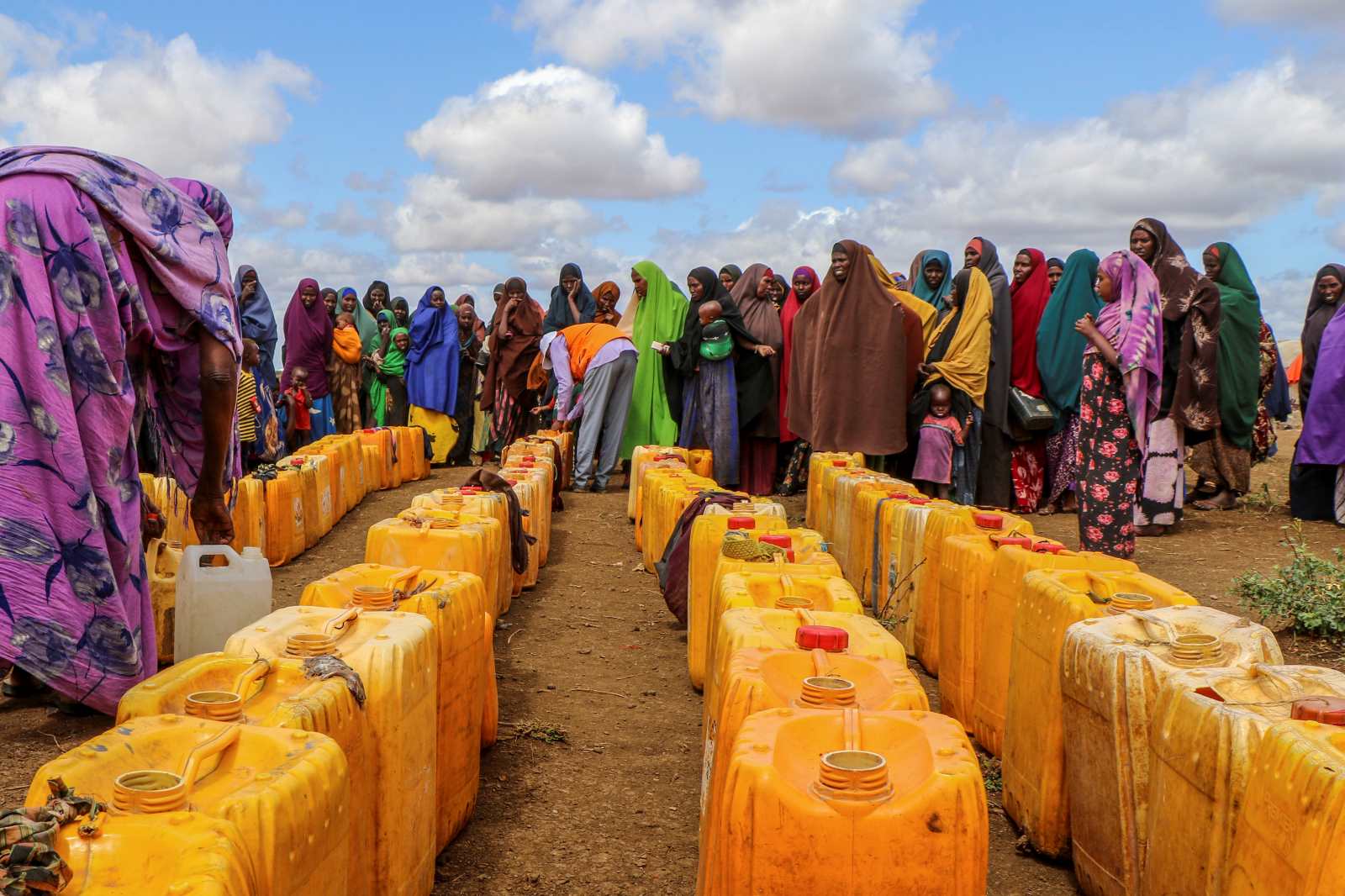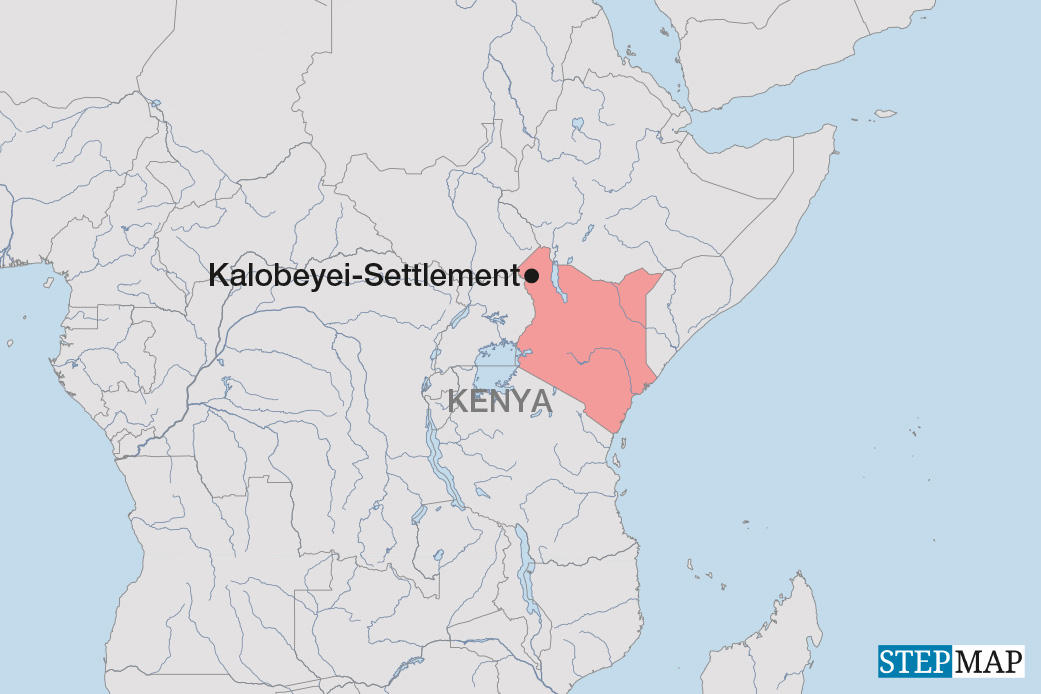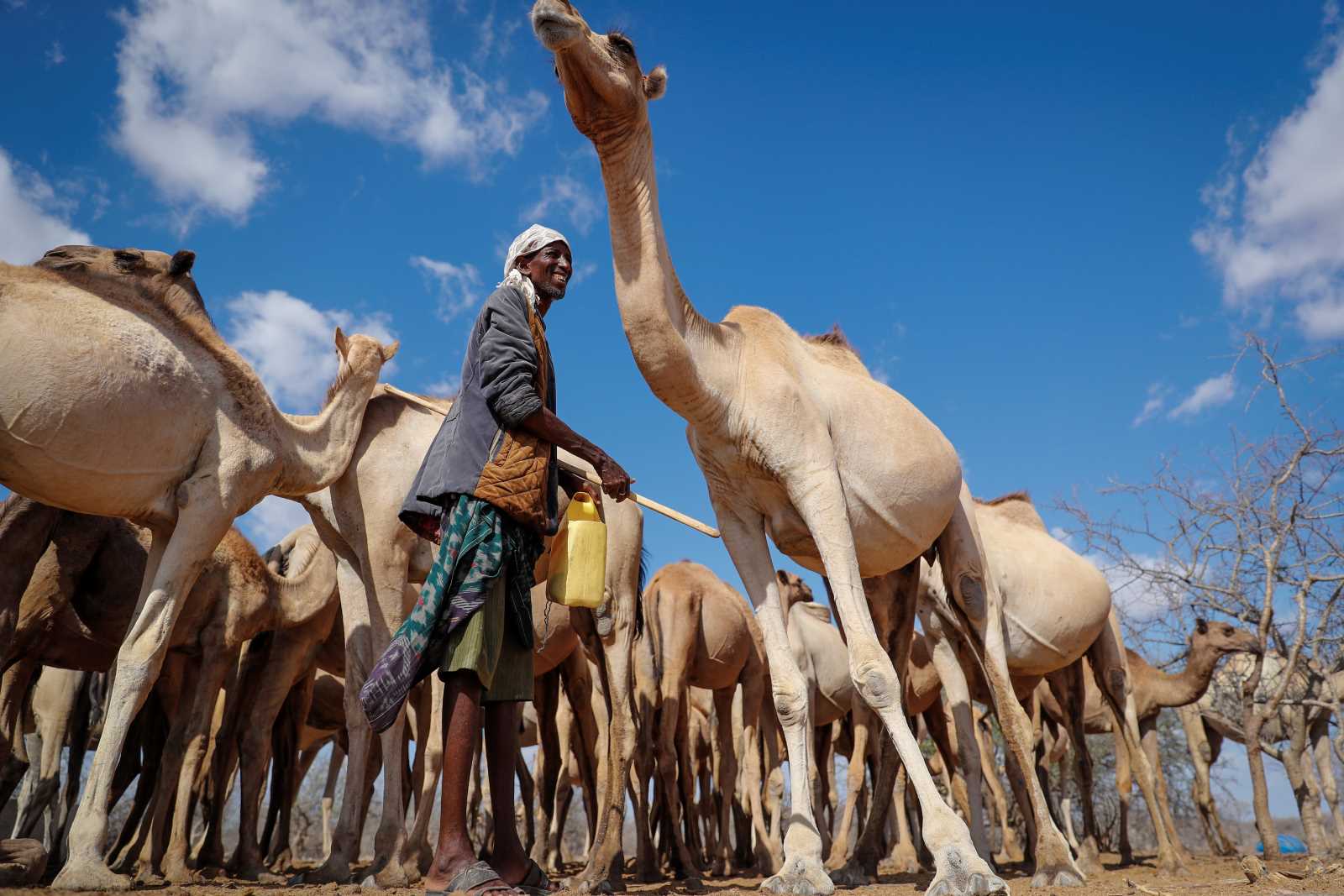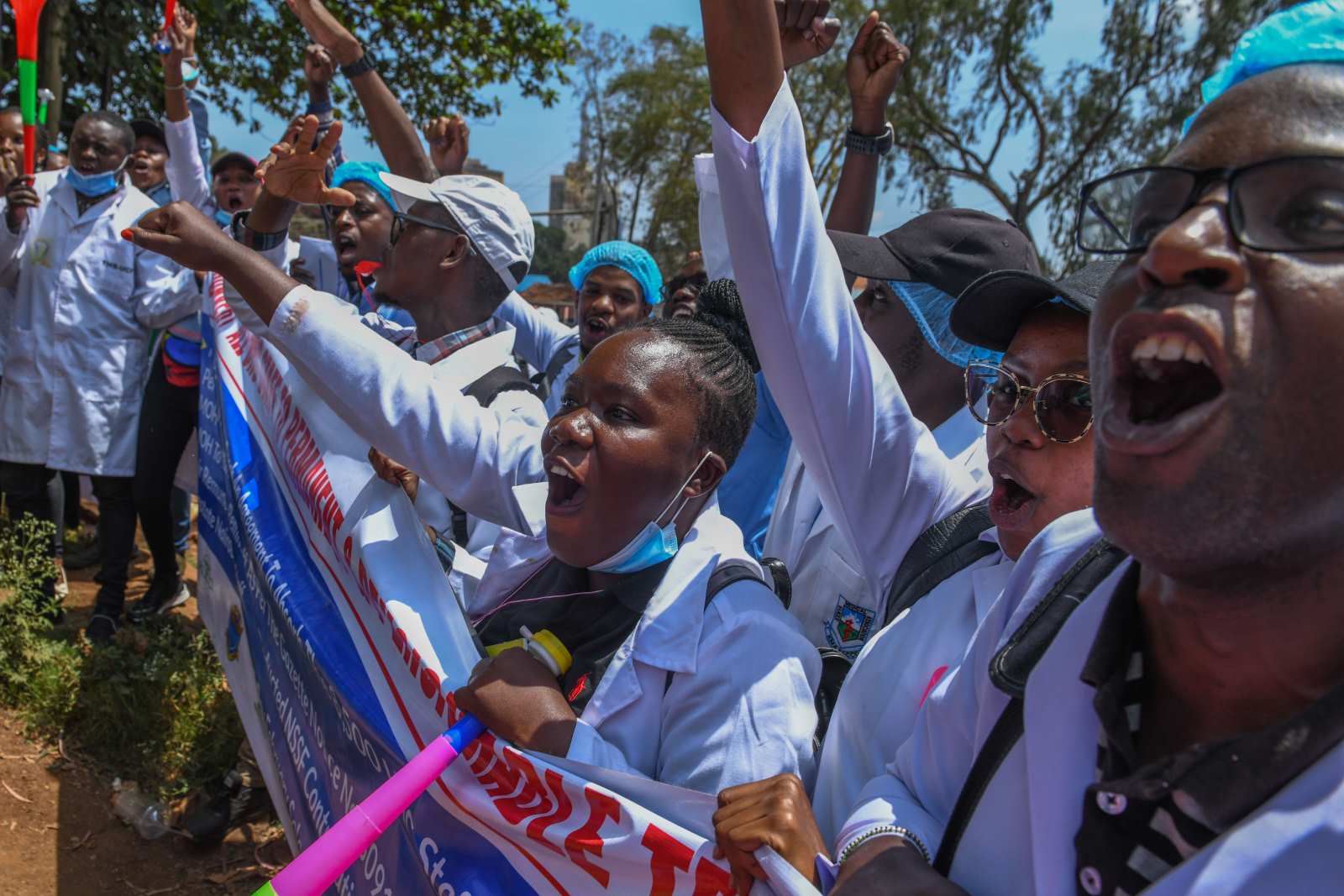Pastoralist communities
Greenhouses in the desert

The devastating impacts of the climate crisis have disrupted the livelihoods of millions of people. Extreme weather events such as droughts and floods have hit nations across the world, but low-income countries are affected most.
A large number of people have no access to food and clean drinking water. Malnutrition hits the weakest groups in society hardest. Children drop out of school, while the problems of the elderly and people with disabilities worsen.
The impacts on food security are particularly felt in regions with generally harsh conditions, especially in arid and semi-arid lands (ASAL).
Turkana County in northern Kenya is one such region. With more than 70,000 square kilometres, it is the country’s largest county and home to about 930,000 people (excluding refugees who have fled the ongoing conflicts in neighbouring South Sudan and mostly live in Kakuma, one of the world’s largest refugee camps).
Turkana has always had little and rather erratic rainfall throughout the year. Large parts of the region are desert. Temperatures go up to 40 degrees in the dry season. Evaporation rates are high. The annual rainfall rate is about 300 millimetres.
Things are getting worse. Droughts have been recorded since the 1960s. They used to occur approximately every five years, but since the 1990s, they have become an annual phenomenon. In the recent years, the situation deteriorated further. Some parts of Turkana did not get any significant rainfall in the last four years.
The county is home to the Turkana community. The Turkana are nomadic pastoralists who keep cattle, donkeys, camels and goats as a source of income and for subsistence.
Due to their dependence on livestock, they are particularly affected by the extreme weather. Whatever hurts their herds, has an immediate impact on their livelihood. When the animals starve, their owners are at risk of starvation too.
According to the Turkana County administration, approximately 800,000 people are currently suffering malnutrition to some extent. Many are in acute risk of starvation.
Major shift in approach needed
It is necessary to adapt strategically to the climate crisis to protect people from its devastating impacts. In Turkana County, it is mainly civil society that is trying to improve the situation in a sustainable way. The Kenyan government mostly focuses on short-term relief, distributing basic food and medical aid to the most vulnerable groups.
However, a fundamental shift in approach is needed. The climate crisis will not disappear. The Turkana community must be guided in the shift from livestock rearing towards other, more sustainable livelihoods. Unless people adopt new practices, they cannot become self-reliant and food secure. They will stay dependent on food aid.
Desert Roses is a community-based organisation (CBO) working in the region. One of its concerns is to address food insecurity. Apart from educating the Turkana community on sustainable agriculture, Desert Roses is setting up greenhouses in the region.
The greenhouses are collectively owned. They typically belong to a village or community and use a local borehole. Water is stored in tanks for times of severe drought. Community members work in turns. All produce is shared by the community. The products could be sold in local markets in the future.
According to county statistics, Turkana has about 2.5 million hectares of arable land. On the upside, the potential for using solar energy is great, and it can facilitate various farming practices.
However, the situation in Turkana is desperate due to a number of problems besides the climate crisis. First, the Turkana still live very traditionally, with cattle playing a central role. Women and girls are often neglected, but boys too only tend to receive little formal education. Girls’ lives revolve around (early) marriage. The main reason is that parents expect a bride price which is paid in livestock and thus makes the family’s herd more numerous. Due to the ongoing drought, herds are dwindling however, and the traditional bride-price system is completely out of balance. Trying to adhere to it only exacerbates the problems.
Because of their nomadic life, Turkana children normally do not attend school regularly, so the illiteracy rate is high, even among the adult men. Low literacy, however, makes it very difficult to teach people sustainable alternatives to their traditional livelihoods.
Poor infrastructure is another challenge. Many places lack boreholes, and existing ones are drying up. The water level of the few rivers is not constantly monitored, so there is no reliable data on the availability of water. The lack of water, however, is certainly the biggest challenge to food security in the region.
Several things would help. People need tanks and manage them well. They need better technology to extract water. And it would make sense to power borehole extraction with solar energy.
Local organisations in Turkana face additional challenges, including financial constraints, soil acidification as well as the lack of skilled labour and technical expertise. Turkana is also marked by sometimes armed conflicts over livestock.
To promote sustainable agriculture in the region, grassroots organisations need support so they:
- can acquire more seedlings and farming equipment, set up more greenhouses and plant more trees,
- do awareness raising on water use and farming,
- invest in smart agriculture, such as promoting the cultivation of drought-tolerant crops and smallholder agriculture, and
- embrace research by partnering with institutions focusing on smart agriculture and green energy.
To build a food-secure society, socio-cultural and infrastructural factors need to be addressed coherently. People’s acceptance is crucial for community workshops on greenhouses, kitchen gardens, or large-scale agriculture to succeed. Centuries-old practices are becoming unviable and related values are now causing harm. Turkana culture must adapt – but if people feel disrespected, they will refuse change.
Rael Nkoi Lomoti is the founder of Desert Roses and a Turkana.
desertrosesturkana@gmail.com
